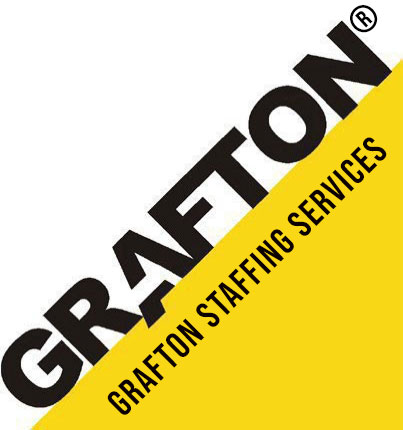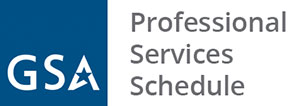Time Keeping: Grafton’s “On The Clock” Solution
By Greg Dabbs – Business Development Manager at Grafton Staffing
Grafton is more than just a staffing company. We’re always looking to find solutions that will help our clients with their day-to-day processes. Finding helpful solutions to problems, or making improvements, is part of what helps Grafton be a partner and not just a vendor.
Time Keeping
 For example, time keeping is something that every company would like to do as efficiently and accurately as possible. Wouldn’t you like to simplify that process as much as possible to focus on other things?
For example, time keeping is something that every company would like to do as efficiently and accurately as possible. Wouldn’t you like to simplify that process as much as possible to focus on other things?
Grafton offers a product that is free to our clients that helps make time keeping much more efficient. It’s a web based time management system that improves accuracy. And we’ve heard from our clients that it makes the process of collecting, correcting, and monitoring employees time and submitting hours much easier.
We recently had another client begin using our “On The Clock” time keeping system and they love it. It saves them time collecting paper time cards and tracking employees down for last minute corrections or questions. Since the system is web based, they can manage time entries from any place where they have internet access.
Our On The Clock system punches employees’ time to the minute.
Our client’s employees can no longer fill out their time cards as being there from 8am to 5pm when they’re 15 minutes late. Monitoring this daily from their office allows them to address tardiness and other issues quickly so those issues don’t go unnoticed.
There are a couple options to have the employees punch in and out daily.
Some clients choose to set up a dedicated On The Clock computer at their office for employees to use to record their time in and out. Others can have a group punch station.
Our client opted to have a group punch so we installed an iPad on the break room wall. The employees come in daily and use the iPad to punch in and out. That information is stored for that employee for the approving manager to see and then approve for payroll. This option is great for warehouses and companies with departments in different buildings.
Our client reviews employee time entries every pay period and makes any corrections on their computer before approving and submitting electronically to Grafton.
We’re always looking for good partners. Let us know how we can help you!


 A break gives you time to recharge and refresh both your mind and your body to make certain that you don’t hit a plateau in the middle of the day. I’m sure you know how big a difference it can make to step away from the whirlwind of what is going on at your desk and get a cup of coffee. You come back feeling rejuvenated and ready to tackle another project!
A break gives you time to recharge and refresh both your mind and your body to make certain that you don’t hit a plateau in the middle of the day. I’m sure you know how big a difference it can make to step away from the whirlwind of what is going on at your desk and get a cup of coffee. You come back feeling rejuvenated and ready to tackle another project! Post written by Cheryl Mayfield
Post written by Cheryl Mayfield Come prepared with a few questions written down to ask candidates and take notes so you have them when you’re comparing candidates.
Come prepared with a few questions written down to ask candidates and take notes so you have them when you’re comparing candidates.
 Now is a great time to review educational requirements since many higher education institutions are offering certificate programs based on specific job positions.
Now is a great time to review educational requirements since many higher education institutions are offering certificate programs based on specific job positions. Post written by
Post written by  Most of the good candidates in this market are currently working somewhere else and may be actively or passively looking for a change. Be willing to interview in the evenings or on the weekends. It will help you increase your volume of quality interviews if you open your interview window.
Most of the good candidates in this market are currently working somewhere else and may be actively or passively looking for a change. Be willing to interview in the evenings or on the weekends. It will help you increase your volume of quality interviews if you open your interview window. Post written by
Post written by  You never know where a candidate is in their life. Maybe they have flexibility on their salary, hours, etc. Asking good questions helps overcome inaccurate client assumptions.
You never know where a candidate is in their life. Maybe they have flexibility on their salary, hours, etc. Asking good questions helps overcome inaccurate client assumptions.
 Transparency Tips for Clients
Transparency Tips for Clients Ideally, you want to choose a staffing firm you can trust. After all, you’ll be partnering with them to help manage your most important asset – your employees. Here are a few ideas to help you make the right choice.
Ideally, you want to choose a staffing firm you can trust. After all, you’ll be partnering with them to help manage your most important asset – your employees. Here are a few ideas to help you make the right choice. Staffing firms can help you in two primary ways: creating workforce flexibility and helping you access qualified talent.
Staffing firms can help you in two primary ways: creating workforce flexibility and helping you access qualified talent.